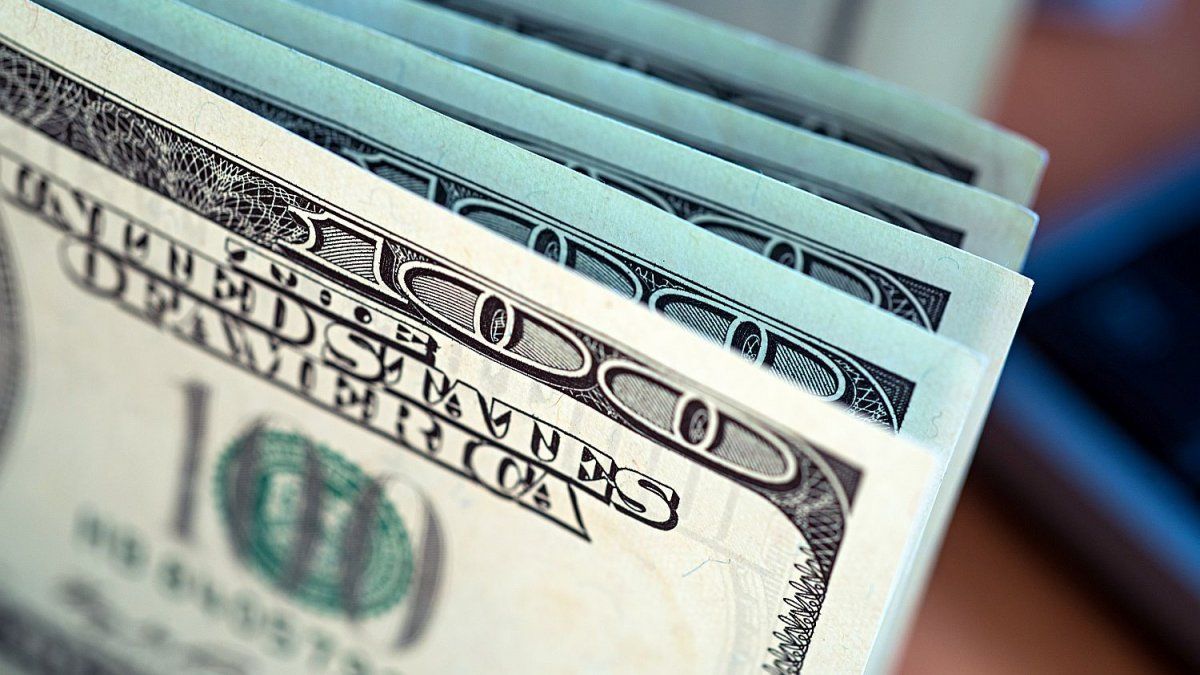The pandemic did not stop the real estate boom in Germany either. Inflation is affecting property prices – to the chagrin of tenants and home buyers. There is little improvement in sight for the new year.
Tenants and property buyers will have to be prepared for rising prices in the new year as well. Experts believe that an end to the long boom on the German housing market is unlikely.
Although the pressure on cities has eased somewhat with the corona pandemic and the trend towards home offices, the surrounding area is now booming. Despite the pandemic, low interest rates and high demand from large investors are driving up purchase prices – there is no trace of the crisis. In addition, building prices are rising sharply. That makes new buildings even more expensive and is reflected in rents.
Building materials “twice as expensive as a year ago”
Building owners will also face cost increases in 2022, says Reinhard Quast, President of the Central Association of the German Building Industry. “There is no all-clear, construction prices will continue to rise. At most, the dynamics are weakening.” Higher energy costs drive up the price of steel, for example, and concrete is becoming more expensive due to the rise in diesel prices. In addition, the statutory minimum wage of twelve euros per hour will put pressure on wages.
In the past few months, expensive materials such as steel, concrete and wood have led to the biggest price hikes in construction in decades. “Wood and steel, for example, are currently available for construction, but twice as expensive as they were a year ago,” says Quast. It is more difficult with insulation material. In the case of concrete, there are sometimes price increases of 15 to 20 percent, because there the more expensive diesel for transport to the construction sites has a full impact. “There is a shortage of many products and everyone in the chain is testing the price caps. This will also be noticeable in the prices for new apartments.”
Expert expects further price increases for real estate
Michael Voigtländer, real estate expert at the Institute for the German Economy, also expects rents and purchase prices to rise in the new year. He also sees pressure on building prices. “In the case of wood, for example, the market has eased somewhat, but overall construction prices are unlikely to fall back to the level they were two years ago.”
Voigtländer believes there is still room for improvement in real estate prices. Single-family houses in the vicinity of metropolises are particularly in demand, also because the pandemic is increasing the need for more green space and home offices allow longer commutes. Real estate prices in the surrounding area often rose faster than in large cities themselves.
The real estate boom is no longer nationwide, but has to be viewed in a differentiated manner. In Hamburg and Munich, for example, the rise in rents is slowing. “In general, rents should rise in balance with incomes,” says Voigtländer.
But can it go on and on? This year the upswing even accelerated. In the second quarter, for example, residential real estate rose in price by an average of 10.9 percent compared to the same period in the previous year, according to the Federal Statistical Office the strongest increase in around 20 years. In the first quarter there was an increase of 9.4 percent.
Bundesbank expects dampening of price and rent increases
The real estate boom has long been alarming the Bundesbank. “According to our calculations, the prices of residential properties are 10 to 30 percent above the value that is justified by fundamental data. We are increasingly seeing this outside of the metropolitan areas,” warned Bundesbank Vice President Claudia Buch in November. Only: The central bank has been issuing similar warnings of overvaluations for years – prices kept rising.
DZ Bank believes that the rise in real estate prices will at least weaken in the new year. She expects home and apartment prices to climb 7.5 to 9.5 percent in 2022, a little less than expected this year (11 percent). The slower population growth and stronger new construction are likely to dampen the rise in prices and rents. “The boom can’t go on forever,” says study author Thorsten Lange.
DZ Bank believes that an increase in interest rates would slow down the momentum more strongly. But even then, the probability of a correction is only moderate. In addition, the increased inflation is driving the demand for real estate, because it devalues savings in the bank. This increases the pressure on savers to invest money in real assets. And residential properties are seen by many as protection against inflation.
Experts consider extended rental price controls to be unrealistic
Such forecasts are little consolation for tenants and property buyers. The new traffic light coalition wants to help them: More new buildings, an extended rental price brake and a stronger limit on rent increases should ease the burden on the housing market. The SPD, Greens and FDP want to create around 400,000 new apartments every year, after a good 300,000 were completed last year.
Michael Holstein, chief economist at DZ Bank, considers this goal to be very ambitious. “How this is supposed to succeed remains completely open.” The construction industry is already working at its capacity limit, and the extended rental price brake will not increase new construction either.
ZDB President Quast also considers the goal of 400,000 new apartments to be unrealistic. “It is technically feasible, but there is a lack of land and building permits,” he says. It takes years in Germany to get permits and convert areas into building land. The bottleneck is “on paper, not with the stones”.
Source From: Stern
Jane Stock is a technology author, who has written for 24 Hours World. She writes about the latest in technology news and trends, and is always on the lookout for new and innovative ways to improve his audience’s experience.




